Formatting Text in Microsoft Word
Microsoft Word is a versatile word processing program that allows you to format text in various ways to enhance the appearance of your documents. Whether you're creating a professional report, a creative flyer, or a simple letter, effective text formatting can make your content more visually appealing and easier to understand.

1. Font Styles and Sizes
One of the most basic yet essential aspects of text formatting is choosing the right font style and size. Microsoft Word offers a wide range of fonts to suit different document purposes. You can also adjust the font size to make text larger or smaller for headings, sub-headings, and body content.
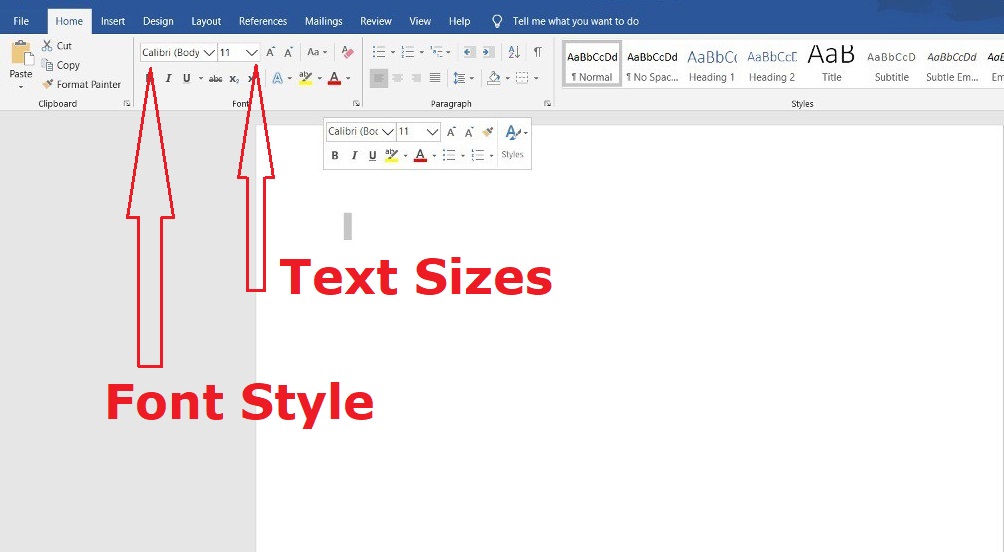
2. Bold, Italics, and Underline
Emphasize important text by using formatting options like bold, italics, and underline. These options allow you to add emphasis and draw attention to specific words or phrases within your document.
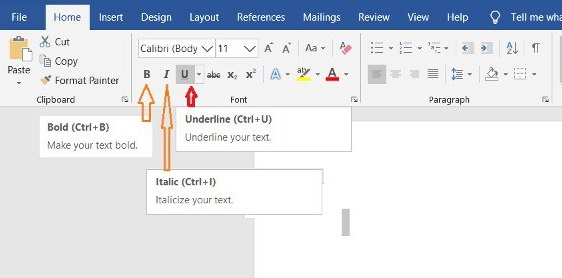
3. Text Color and Highlighting
You can change the color of your text to create eye-catching headings or highlight important information. Additionally, you can apply background highlighting to make text stand out even more.
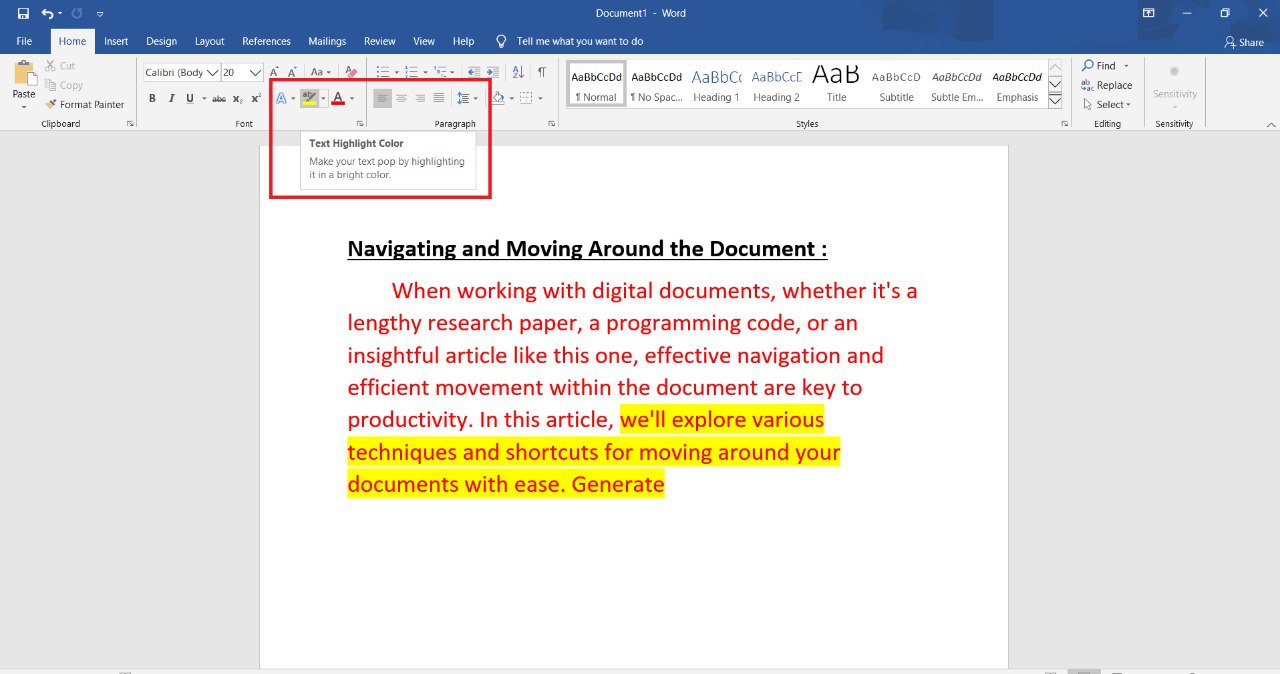
4. Alignment and Spacing
Adjusting text alignment (left, center, right, or justified) and line spacing (single, double, etc.) helps control the layout and readability of your document. Proper alignment and spacing can make your text more organized and aesthetically pleasing.
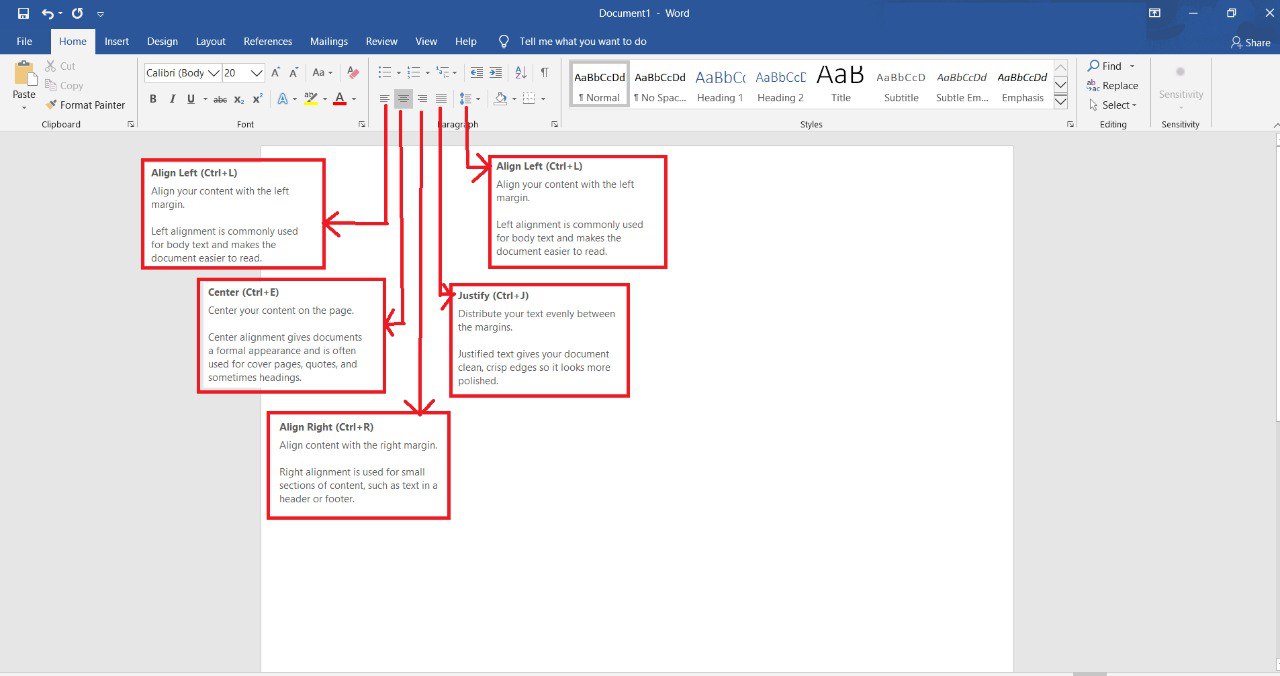
5. Bulleted and Numbered Lists
When presenting information in a list format, use bullet points or numbered lists. This makes your content more structured and easier for readers to follow. Microsoft Word provides tools for creating and customizing these lists effortlessly.
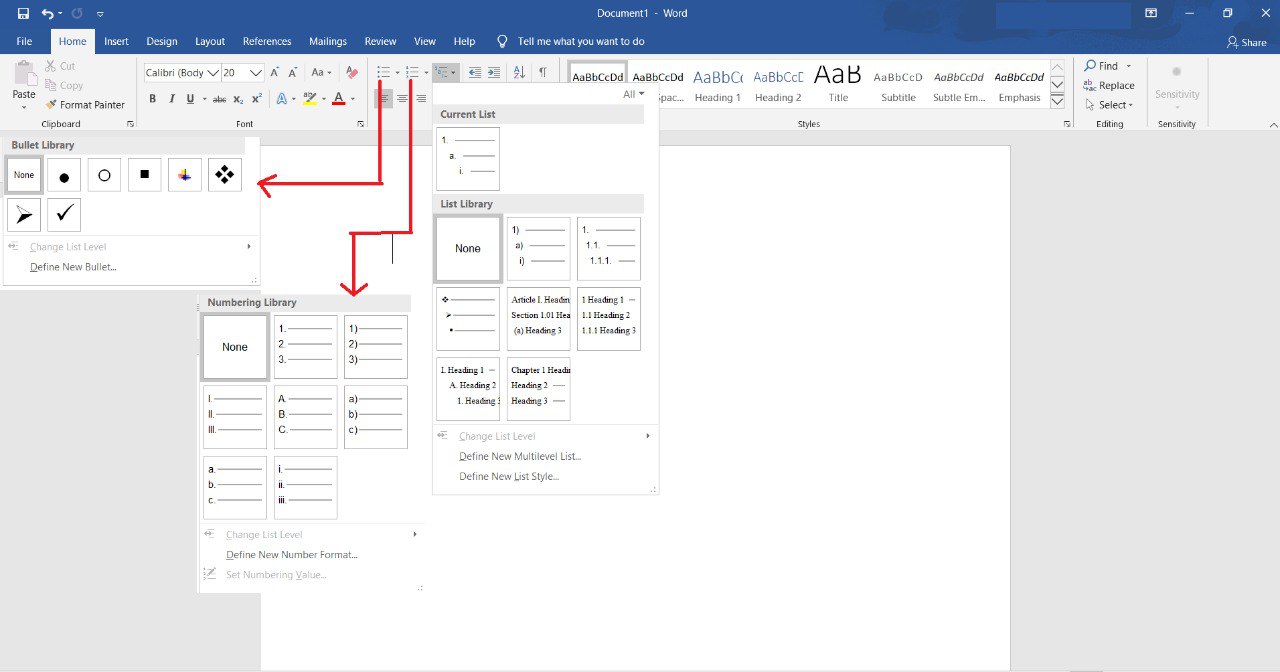
6. Styles and Themes
Microsoft Word offers pre-defined styles and themes that you can apply to your text. Styles help maintain consistency in your document's formatting, while themes provide a beautiful look for your entire document, including fonts, colors, and effects.
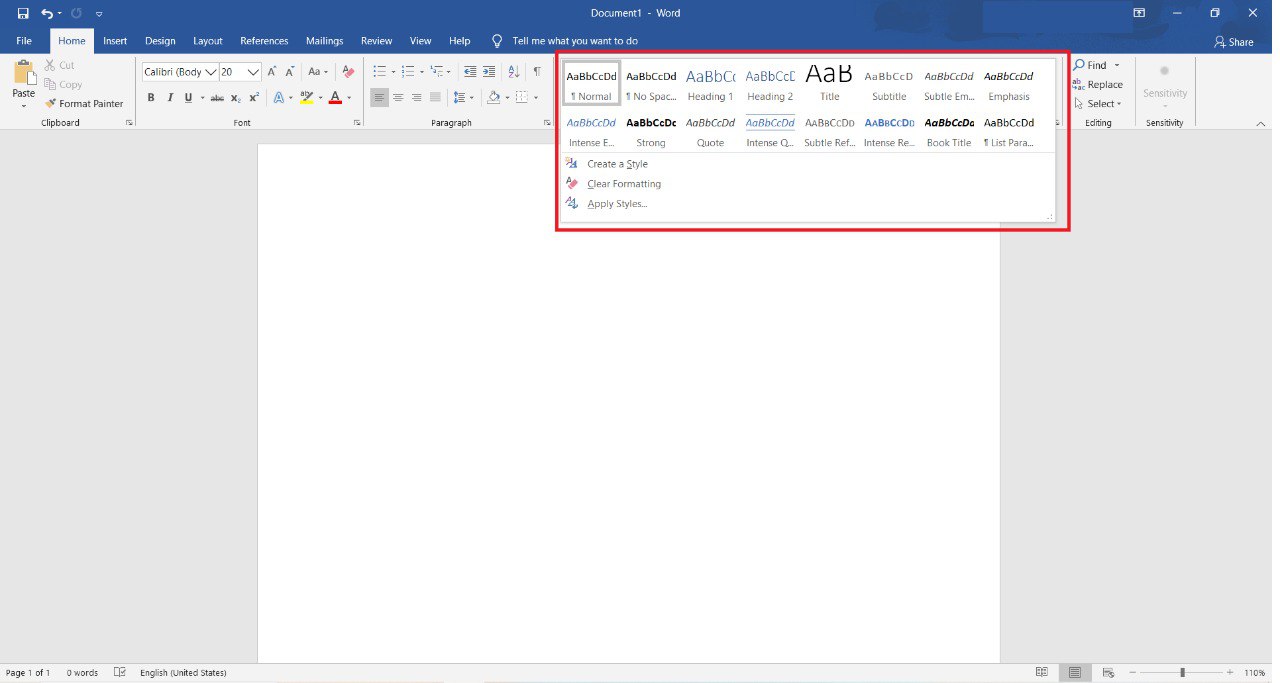
7. Borders and Shading
You can add borders around your text or paragraphs to create visual separation or emphasis. Shading allows you to fill text or paragraph backgrounds with color, enhancing their visual impact.
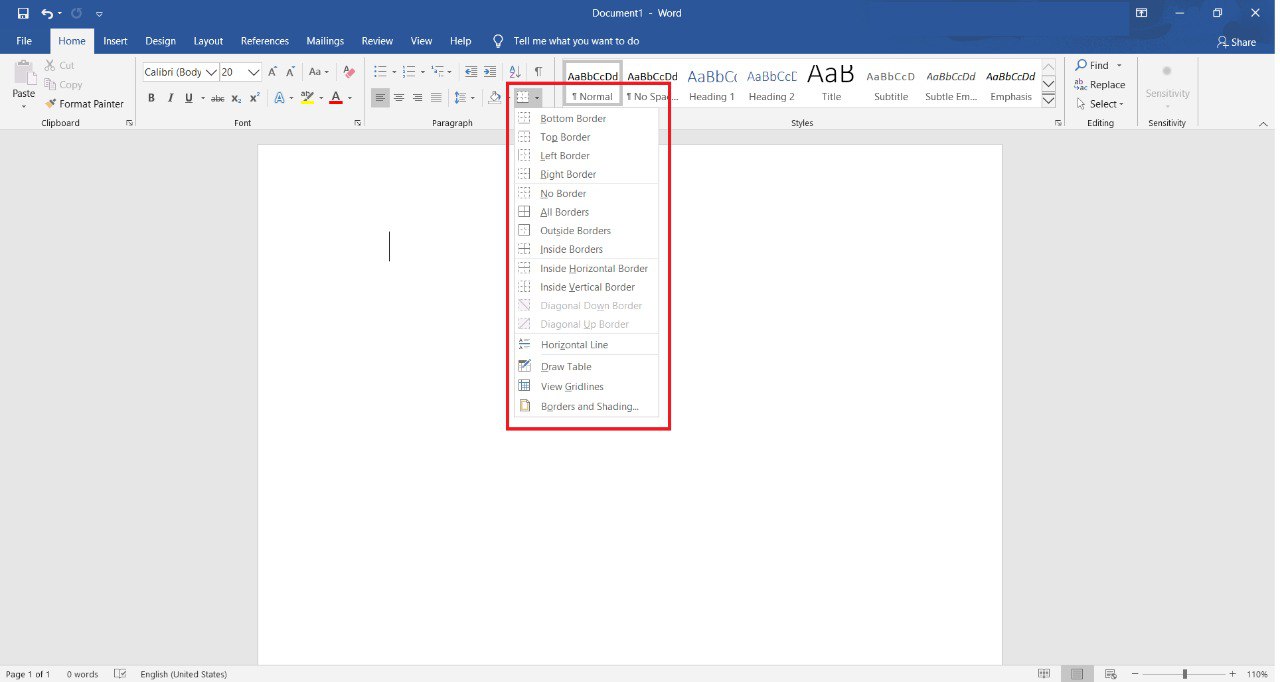
8. Superscript and Sub-script
When working with scientific notations, footnotes, or mathematical equations, you can use the superscript and sub-script options to format text that appears above or below the normal line of text.
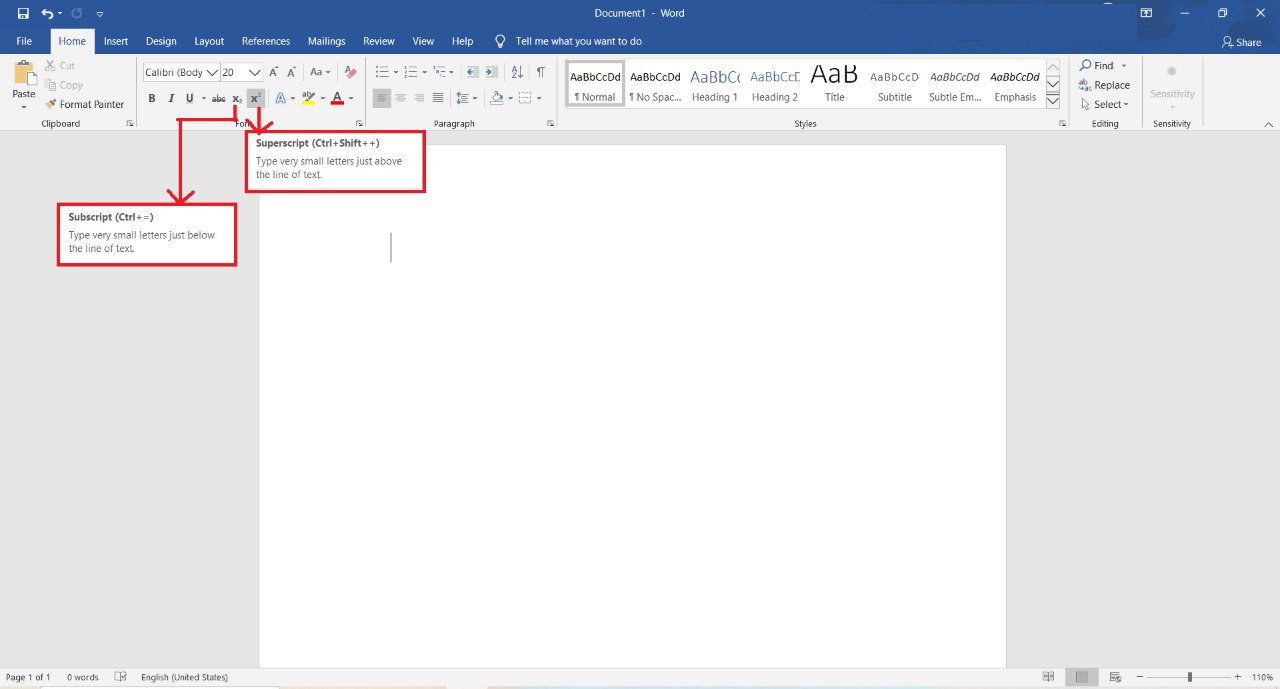
9. Clear Formatting
If you've applied multiple formatting styles to text and want to revert to the default formatting, the Clear Formatting option can help you quickly remove all formatting styles and return the text to its original state.
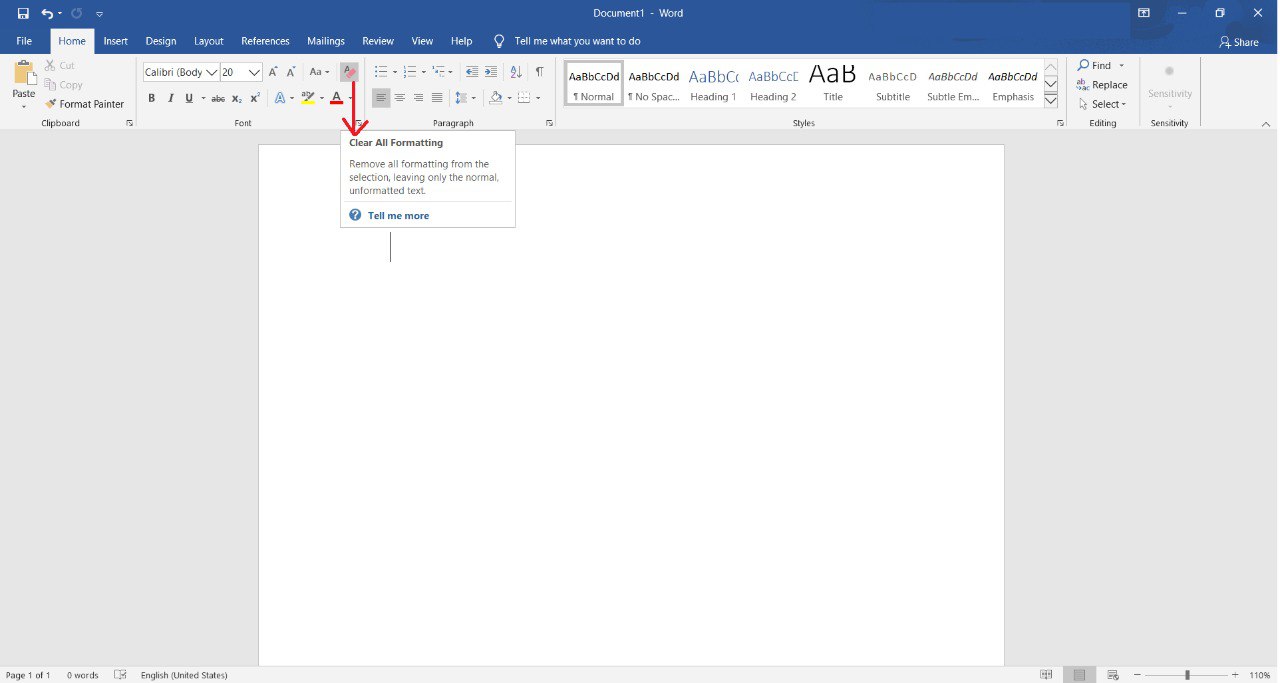
10. Styles for Headings
When creating documents with sections or chapters, use heading styles to create a hierarchical structure. This allows you to generate a table of contents automatically and helps readers navigate your document easily.
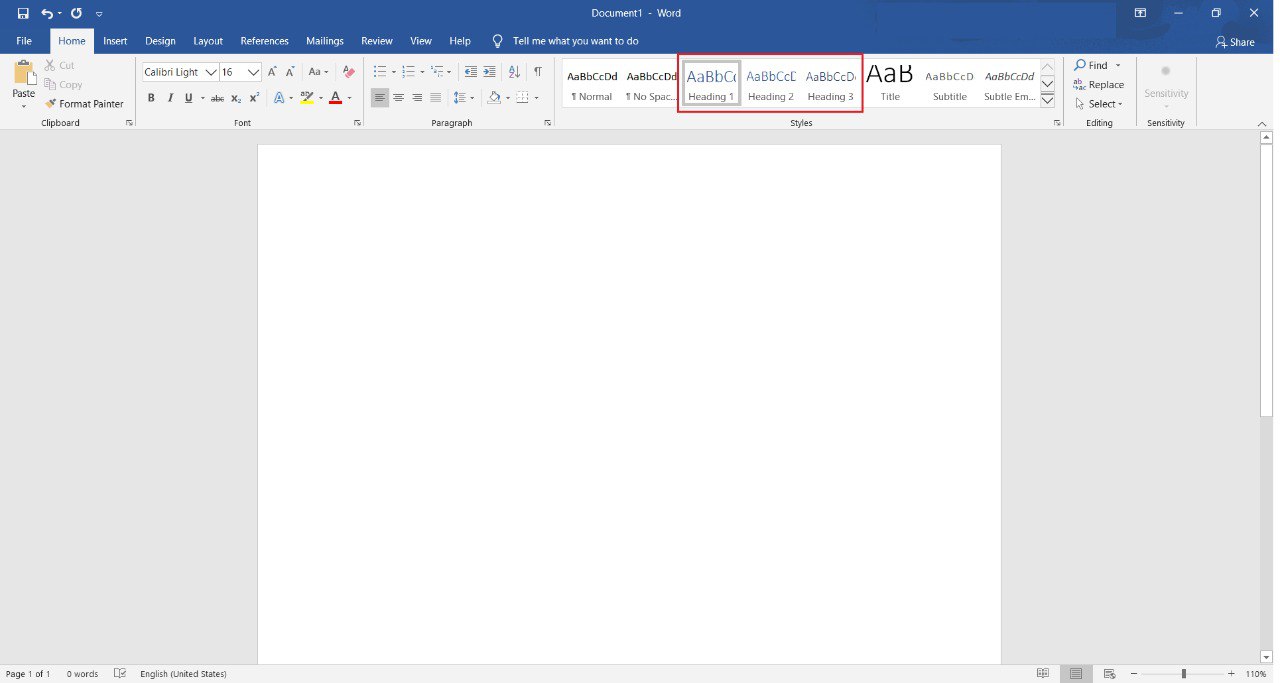
Mastering these text formatting tools and techniques in Microsoft Word will enable you to create professional and visually appealing documents for various purposes. Whether it's a report, a presentation, or a creative project, effective formatting enhances the overall quality of your content.
Leave a comment